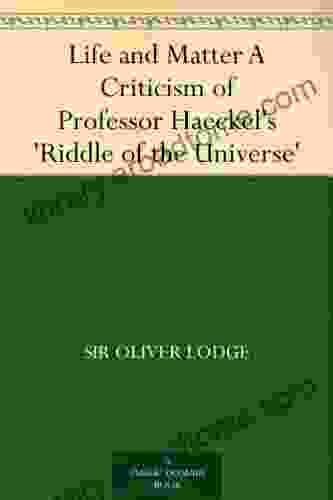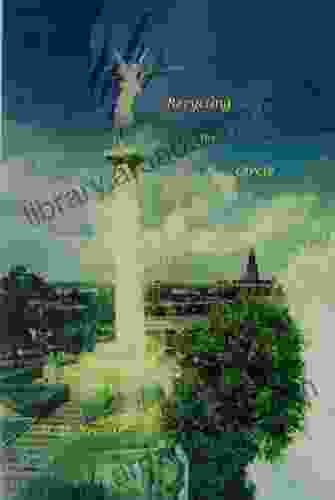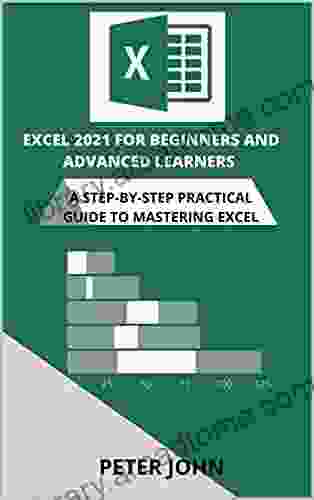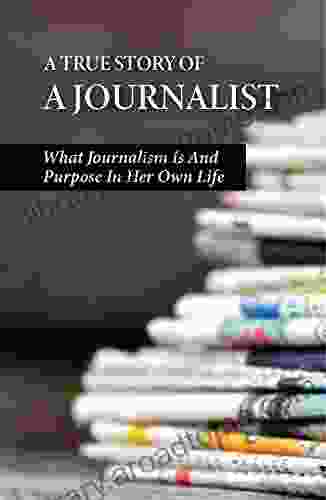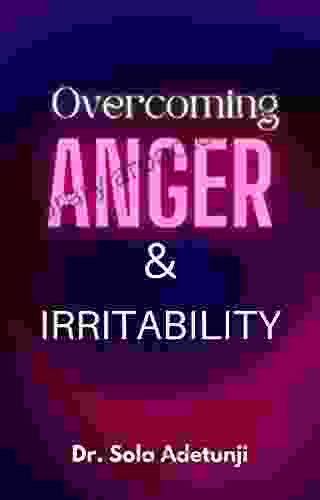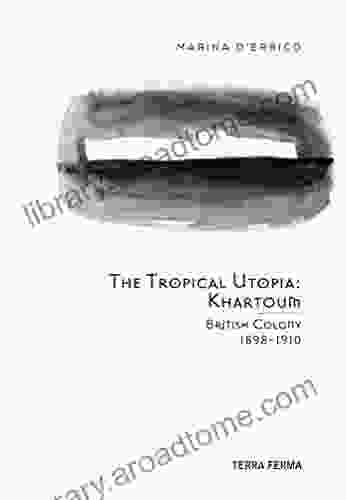Life and Matter: Criticism of Professor Haeckel's Riddle of the Universe

5 out of 5
| Language | : | English |
| File size | : | 198 KB |
| Text-to-Speech | : | Enabled |
| Enhanced typesetting | : | Enabled |
| Word Wise | : | Enabled |
| Print length | : | 188 pages |
| Lending | : | Enabled |
| Screen Reader | : | Supported |
In his book, "The Riddle of the Universe," Professor Haeckel argues that the universe is composed entirely of matter, and that there is no such thing as a life force or a soul. He bases this argument on his understanding of science, and on his belief that the laws of physics and chemistry are the only laws that govern the universe.
This book has been a controversial one since it was first published in 1899. Some scientists have praised Haeckel's work for its rigor and clarity, while others have criticized it for its narrow-mindedness and its lack of evidence.
In this article, I will provide a critical analysis of Haeckel's book. I will examine his arguments and evidence, and I will discuss the implications of his materialism.
Haeckel's Arguments
Haeckel's materialism is based on his understanding of the laws of physics and chemistry. He believes that these laws are the only laws that govern the universe, and that there is no room for any other kind of force or agency.
Haeckel argues that the universe is composed entirely of matter, and that there is no such thing as a life force or a soul. He believes that life is simply a complex form of matter, and that it is subject to the same laws of physics and chemistry as any other form of matter.
Haeckel also argues that the human mind is simply a product of the brain, and that there is no such thing as a separate soul or spirit. He believes that our thoughts and emotions are simply the result of the chemical and electrical activity of our brains.
Haeckel's Evidence
Haeckel's evidence for his materialism is drawn from a variety of sources, including science, history, and philosophy.
Haeckel cites the work of scientists such as Charles Darwin and Thomas Huxley to support his theory of evolution. He argues that evolution provides a natural explanation for the diversity of life on Earth, and that it does not require the existence of a life force or a soul.
Haeckel also draws on history to support his materialism. He argues that the belief in a life force or a soul is a product of superstition and ignorance, and that it has no basis in reality.
Finally, Haeckel uses philosophy to support his materialism. He argues that the concept of a life force or a soul is incompatible with the laws of physics and chemistry, and that it is therefore unreasonable to believe in such things.
Critique
Haeckel's materialism is a controversial theory, and it has been criticized on a number of grounds.
One criticism of Haeckel's materialism is that it is too narrow-minded. Haeckel only considers the laws of physics and chemistry in his analysis of the universe, and he ignores other possible forces or agencies. This narrow-mindedness leads him to reject the possibility of a life force or a soul, even though there is no scientific evidence to support his rejection.
Another criticism of Haeckel's materialism is that it is based on a false dichotomy. Haeckel presents his materialism as the only alternative to theism, and he argues that anyone who does not accept his materialism must be a theist. This is a false dichotomy, however, because there are other possible theories that fall between materialism and theism. For example, some people believe in a life force or a soul, but they do not believe in a personal God.
Finally, Haeckel's materialism has been criticized for its implications. If Haeckel is correct, then there is no such thing as a life force or a soul. This has a number of implications, including the following:
* There is no afterlife. * There is no meaning to life. * We are simply machines, and our thoughts and emotions are simply the result of the chemical and electrical activity of our brains.
These implications are not necessarily pleasant, and they have led some people to reject Haeckel's materialism.
Haeckel's materialism is a controversial theory, and it has been both praised and criticized. In this article, I have provided a critical analysis of Haeckel's book, "The Riddle of the Universe." I have examined his arguments and evidence, and I have discussed the implications of his materialism.
I believe that Haeckel's materialism is too narrow-minded and that it is based on a false dichotomy. However, I also believe that his materialism has some important implications, and that it is a theory that deserves to be taken seriously.
Whether or not you agree with Haeckel's materialism, I encourage you to read his book and to think about his arguments. "The Riddle of the Universe" is a thought-provoking book that will challenge your beliefs about the nature of reality.
5 out of 5
| Language | : | English |
| File size | : | 198 KB |
| Text-to-Speech | : | Enabled |
| Enhanced typesetting | : | Enabled |
| Word Wise | : | Enabled |
| Print length | : | 188 pages |
| Lending | : | Enabled |
| Screen Reader | : | Supported |
Do you want to contribute by writing guest posts on this blog?
Please contact us and send us a resume of previous articles that you have written.
Light bulbAdvertise smarter! Our strategic ad space ensures maximum exposure. Reserve your spot today!
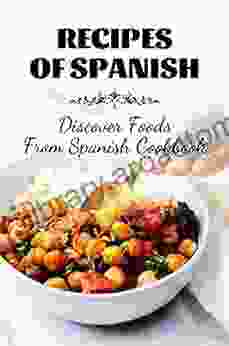
 Ralph EllisonDiscover Foods From Spanish Cookbook: A Culinary Journey Through Spain's Rich...
Ralph EllisonDiscover Foods From Spanish Cookbook: A Culinary Journey Through Spain's Rich... Jacob FosterFollow ·7.7k
Jacob FosterFollow ·7.7k Alex FosterFollow ·4.5k
Alex FosterFollow ·4.5k Gordon CoxFollow ·13.9k
Gordon CoxFollow ·13.9k Federico García LorcaFollow ·16.1k
Federico García LorcaFollow ·16.1k Mario SimmonsFollow ·8.2k
Mario SimmonsFollow ·8.2k Scott ParkerFollow ·12.9k
Scott ParkerFollow ·12.9k Ernesto SabatoFollow ·11.3k
Ernesto SabatoFollow ·11.3k Ernest HemingwayFollow ·7.4k
Ernest HemingwayFollow ·7.4k
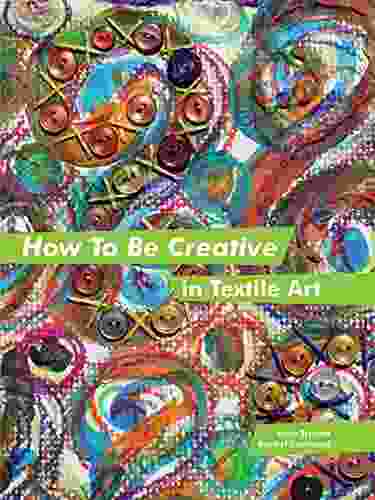
 Lord Byron
Lord ByronHow to Be Creative in Textile Art: A Comprehensive Guide...
Textile art is a...
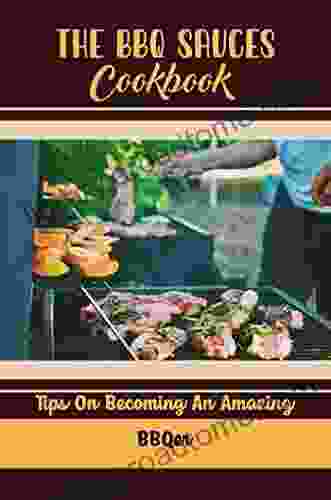
 Kenneth Parker
Kenneth ParkerMaster the Art of Grilling with "The BBQ Sauces Cookbook"
Are you tired of the same old...
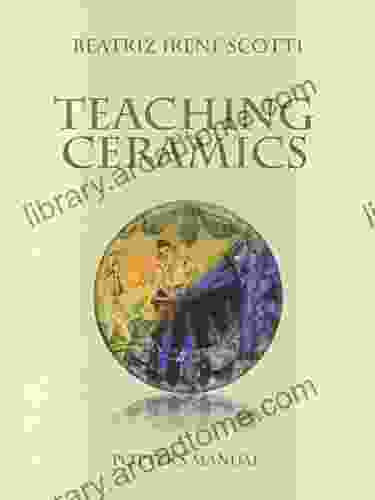
 Jerome Blair
Jerome BlairTeaching Ceramics Potter Manual: Unlock Your Inner Artist...
Imagine the satisfaction of crafting exquisite...
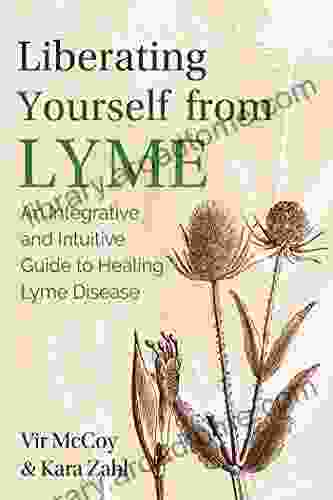
 Paulo Coelho
Paulo CoelhoLiberating Yourself From Lyme: A Comprehensive Guide to...
What is Lyme...
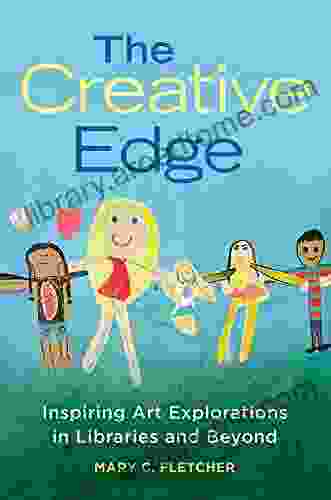
 Banana Yoshimoto
Banana YoshimotoInspiring Art Explorations: Unleashing Creativity in...
Prepare to be inspired...
5 out of 5
| Language | : | English |
| File size | : | 198 KB |
| Text-to-Speech | : | Enabled |
| Enhanced typesetting | : | Enabled |
| Word Wise | : | Enabled |
| Print length | : | 188 pages |
| Lending | : | Enabled |
| Screen Reader | : | Supported |


